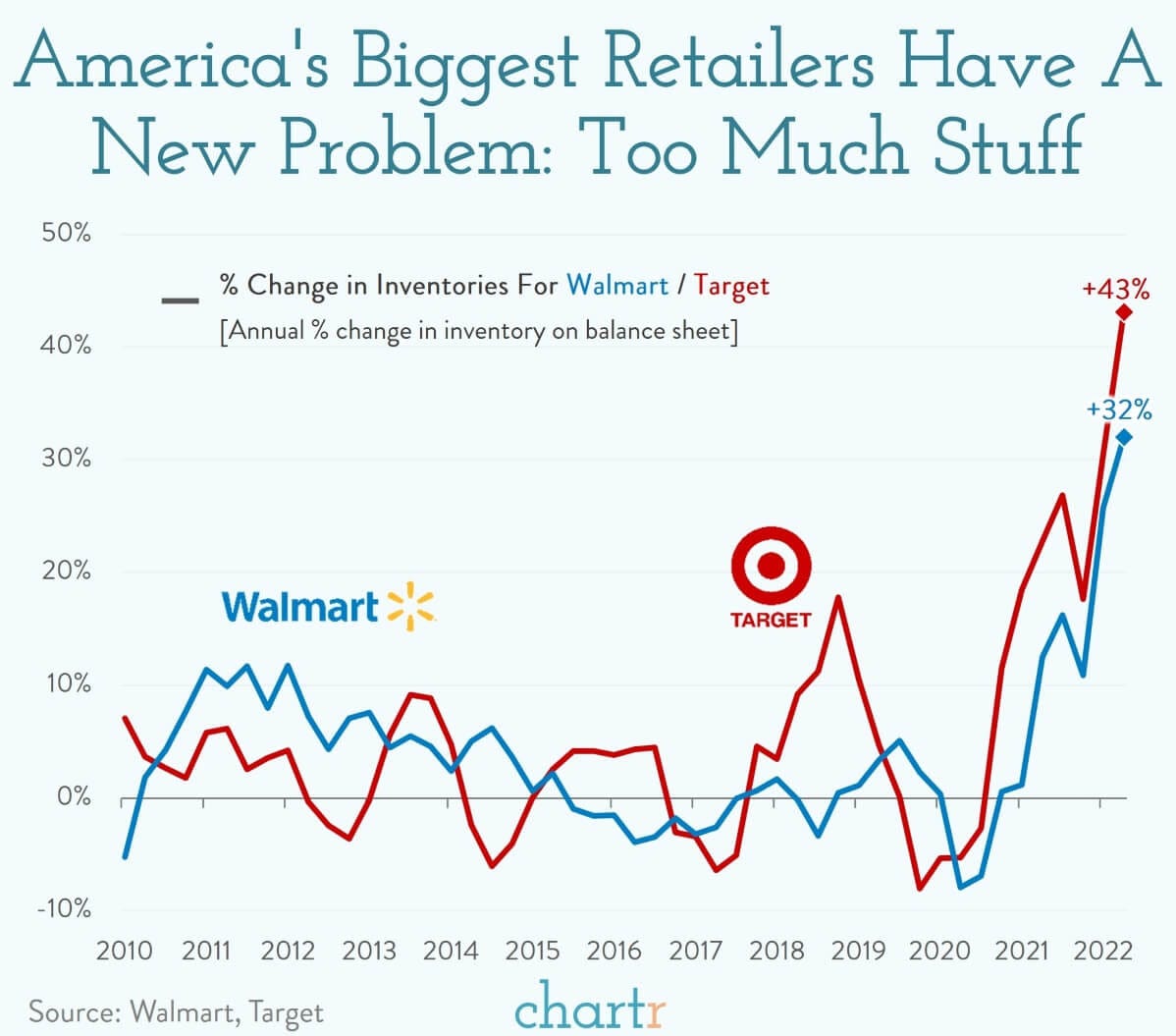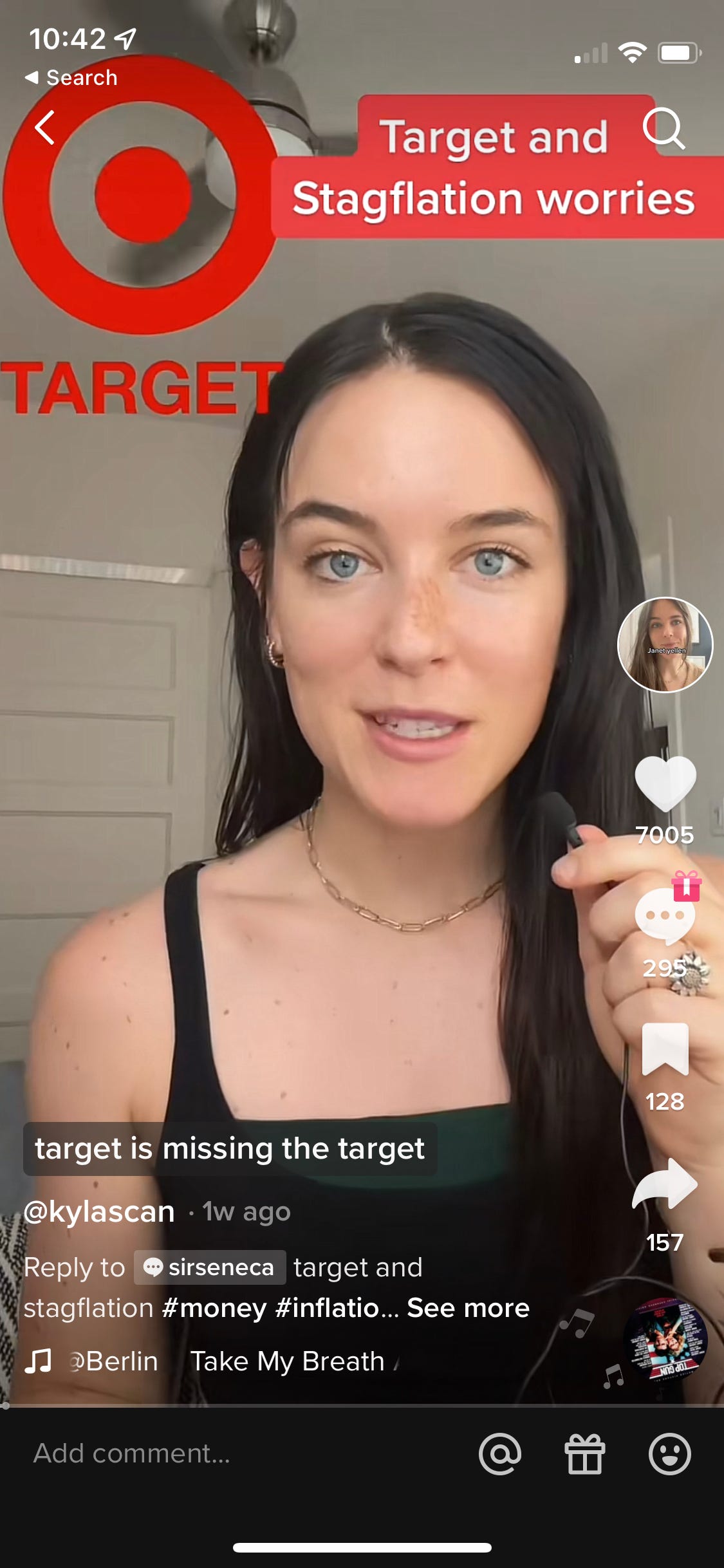Bombas, Affective Forecasting, AI Transcription, & Experience-Stuff Pendulum
Welcome to Perspicacity, a weekly newsletter by Kurt Reckziegel about insights & how they're derived. If you haven’t subscribed, please do!
Perspicacity noun /pur-spi-kas-i-tee/
🔮 the quality of having a ready insight into things; shrewdness.
Every week, we toss a few questions over to someone in the insights community to get their perspective on the world of research.
This week we welcome Jocelin Lee, Senior Director of Consumer Insights at Bombas.
Read on as Jocelin reveals her past investigating white-collar crime, shares her journey towards coming around on qual, and celebrates her role as a storyteller.
In today’s issue, you’ll also read about:
🧠 Affective Forecasting
🧰 AI Transcription
💥 Experience-Stuff Pendulum
– Kurt
ps. Know a great insights leader who you think should be featured? Send them my way! Email me your recs, please & thanks.
💡 Inside Insights
Perspicacity: Who are you, what do you do, and how did you get there?
Jocelin Lee: It’s Jocelin here, and I lead the Consumer Insights team at Bombas! I’ve had a rather non-linear career journey, starting in forensic consulting investigating white-collar crime, before unexpectedly falling into market research via competitive intelligence at a TV service (from Severance to Floor is Lava, talk to me about TV any time). I spent over a decade working in tech or digital services before finally finding my way to physical products: the most comfortable socks, underwear and tees that also do good in the world :)
Perspicacity: How is the research & insights function structured at Bombas?
JL: Consumer Insights at Bombas encompasses both “Market Research” and “UX Research,” but as we researchers know, the lines can be quite blurry between the extremes of audience segmentation and usability testing. We have a small but mighty team that tackles a wide range of quantitative and qualitative research topics across the full organization (see below) and it keeps our lives reeeaaally interesting!
Perspicacity: What is a topic you’d love to find an excuse to research? Why?
JL: Broadway. The Tony’s were the other night and I sobbed through most of the show. The magic created through monumental, collaborative human excellence and endeavor which is then RE-created eight shows a week in front of a live audience is inexplicable and profound. (This is true even when the shows are awful). I would take any excuse to spend more time with it.
Perspicacity: Is there a key tool or resource you couldn’t live without?
JL: This is the crotchety and old school consultant in me speaking - but I absolutely cannot live without Excel (and on generous days I will accept Google Sheets). All other tools are fine and well, but I need my formulas, macros and my beautifully cleaned and structured datasets I can personally pivot for my soul to feel at peace. (This is not just professionally btw - I’ve got spreadsheets, trackers and dashboards for theatre, for vacations, for escape rooms - it just makes life BETTER.)
Perspicacity: When have you been undoubtedly wrong? How did you react?
JL: Never. I’m always right.
Just kidding. Related to the previous question, being the quantitative data nerd that I am, a long time ago in a galaxy far, far away I did not believe in the value of qualitative research.
It pains me to even type it.
But seeing expert moderators at work is an absolute art form, and I am repeatedly humbled each time we run a focus group or IDI sprint. Participants are insightful and interesting in the most unexpected ways. Without fail, they consistently offer me genuine moments of surprise and illumination.
Perspicacity: Anything else I should be asking you?
JL: Since you’re giving me free space to ramble, I shall take you up on this offer.
I know people like to say research is Switzerland and data is objective, and I sure repeated a lot of that early in my career - but I think we’ve come far enough in understanding explicit and implicit biases to know that simply cannot be true.
It’s important to acknowledge as researchers that we always have an agenda, and be honest with ourselves about what that is. There will always be company strategies that we agree or disagree with, and it is only human nature to want data to tell us the story we already believe. Only by being clear-eyed about the results we are rooting for (or against) can we then look at the data and ask whether our agenda is being confirmed or challenged. This also helps us tell better stories! And ultimately that's the true purpose I serve: I’m a storyteller who (hopefully) makes the companies I work for smarter and wiser.
Perspicacity: Thanks Jocelin!
🧠 Thought Patterns
Affective Forecasting is when you (or your research subject) predict your future emotional state, and can be split into four components:
1️⃣ valence (ie. positive or negative)
2️⃣ specific emotions experienced
3️⃣ duration
4️⃣ intensity
Humans, unskilled as we are at understanding emotions or predicting our futures, understandably have a tough time with something like Affective Forecasting. When we think about how we’ll feel about something in the future, it tends to be similar to how we feel in the current moment, which isn’t always representative of the truth.
The two components of Affective Forecasting most prone to bias are 3️⃣ duration and 4️⃣ intensity; usually in the form of overestimation.
“Looking through the crystal ball: Affective forecasting and misforecasting in consumer behavior” by Deborah J. MacInnis, Vanessa M. Patrick, C. Whan Park.
👆🏻👆🏻 that’s a great read about the impact of Affective Forecasting (or misforecasting) on consumer decision-making.
🧰 The Toolkit
Taking notes while trying to be an engaging moderator is tough. I usually rely on something like Otter.ai to automatically transcribe my interviews and groups.
It’s great because you can see live transcription if you’re recording in their platform, it’ll recognize different voices and tag them as such, and they have a freemium model if you’re not using it a ton. Also, they’ve recently added some integrations with Zoom, Google Meet, and Teams.
But since they’re not paying me, here are a few other solutions: Rev, Trint, and of course Descript.
⚡ As always, you can find my full toolkit here
💥 Observations & Provocations
The experience-stuff pendulum. I haven’t congealed this into an intelligent perspective yet, but it feels like the following has happened over the past couple years of consumerism:
Pre-2020 → Millenials are all about spending on experiences.
2020-2021 → COVID is here, lots of people are nesting and have excess $$, want to buy stuff but struggle because supply-chain issues.
Now → Companies over-corrected on the supply-chain issues, tons of stuff available but, now that the world is opening up, people are back to craving experiences.
👇🏻👇🏻 a few things to read or think about regarding the above.
NBC News reported:
Target is canceling orders from suppliers, particularly for home goods and clothing, and it’s slashing prices further to clear out amassed inventory ahead of the critical fall and holiday shopping seasons.
Kyla Scanlon talks about Target and Stagflation:
The economist asks “Could a shift from goods to services ease inflation?”:
Data published on May 27th showed that spending on goods fell in the year to April, and is now 9% above its pre-pandemic trend, down from a high of 16% last year. Spending on services is up by 7% in the same period, and is just 3% below pre-pandemic trends.
Some other observed evidence of this return to spending on experiences:
Harry Styles has sold out all 42 shows for Love On Tour, including 5 additional shows each in NYC and LA. Spent a decent chunk of my morning recently helping to get tickets for my wife and sister-in-law. Success.
The new Airbnb.
More than half of Americans are planning to take a vacation this season, according to the U.S. Travel Association. More from Cassandra Daily.
I’m probably not the only one who got an IG ad for Outside.io.
… what else have you noticed?
If you have a friend or colleague who would find this interesting, please be a pal and share.
– Kurt







